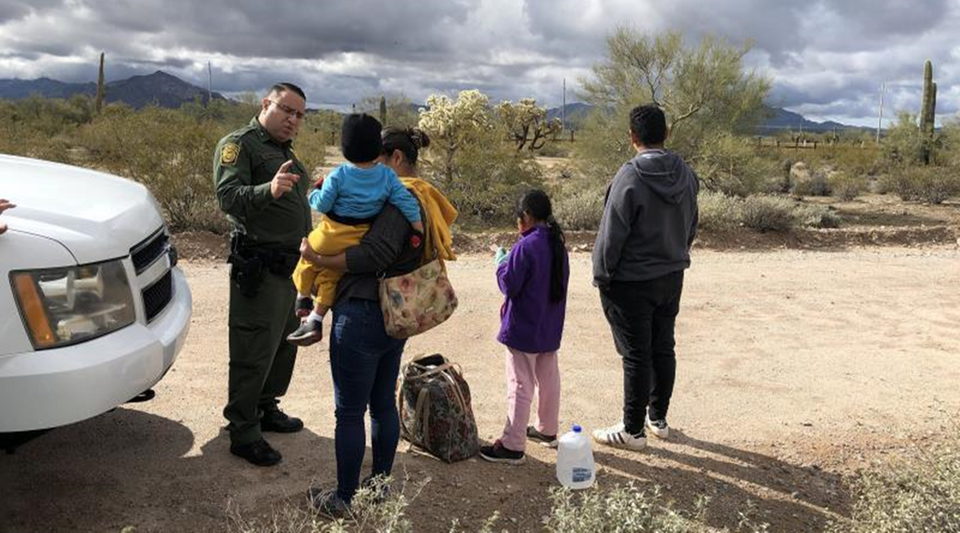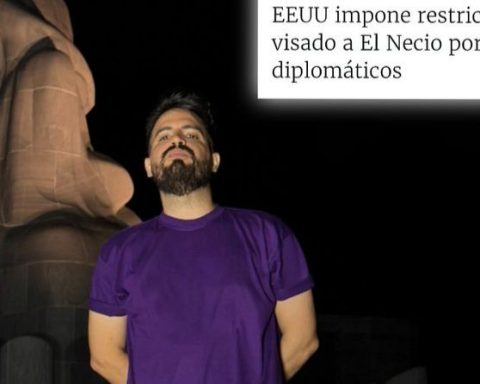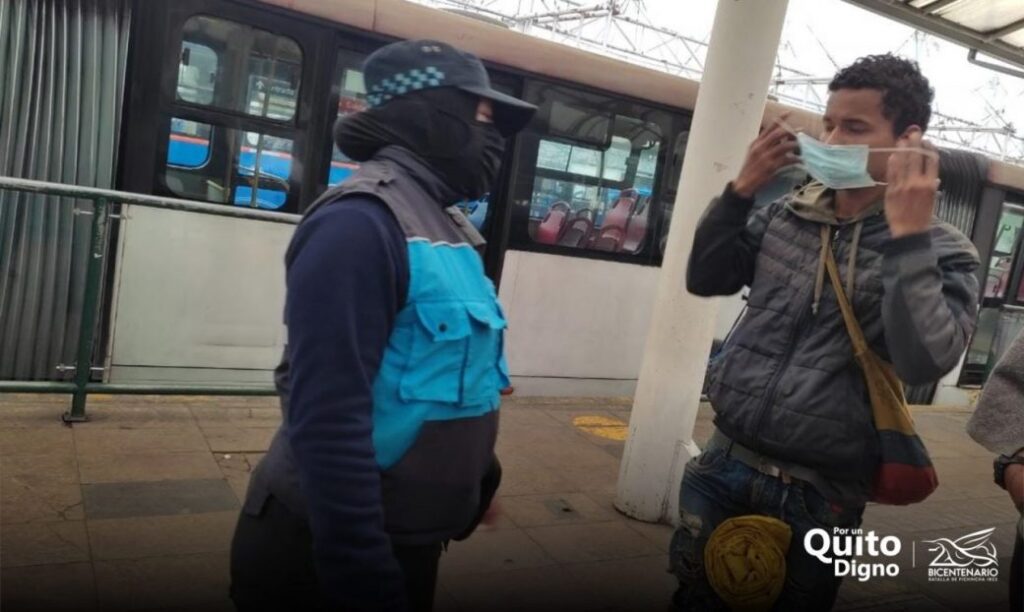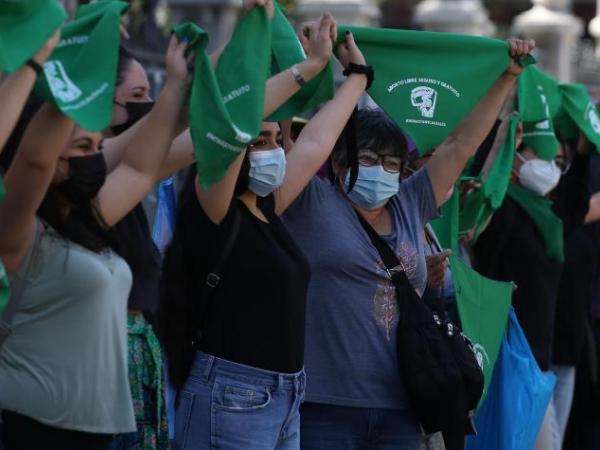The immigration authorities of the United States have begun to issue temporary stay permits ( parole) to some Cubans who entered the country illegally after 2017, when the wet foot-dry foot policy was suspended, according to Mark Prada has told, skilled immigration attorney, to cybercuba.
“Although we don’t have an official order yet, it’s encouraging news. Some people are getting the parole by mail and that is a good sign”, assured Prada to the independent medium.
The lawyer leads a legal team that filed a lawsuit last year against the Department of Homeland Security at the head of a lawsuit and its secretary, the Cuban-American Alejandro Mayorkas, and the Office of Immigration and Citizenship (USCIS).
“Although we do not have an official order yet, it is encouraging news. Some people are receiving the ‘parole’ by mail and that is a good sign”
The plaintiffs are Cuban immigrants who received the category of arriving alien, people who are detained upon arrival in the United States and who, although they are released under the discretionary decision of the Immigration and Customs Enforcement Service (ICE), cannot apply for residency under the Cuban Adjustment Act.
These people had received parole permits, but had been left in legal limbo when the wet foot-dry foot policy was suspended. The number of Cubans stuck in this situation amounts to approximately 95,000, most of whom (92%) were intercepted at the Mexican border.
As revealed by the Cubans’ lawyer, the lawsuit is paralyzed for now at the request of the migrants themselves, who are negotiating an agreement with the government.
“We can say that we have had a fruitful negotiation and we would expect an upcoming USCIS resolution that resolves this situation for thousands of Cubans,” Prada told cybercuba.
The digital newspaper received a statement from the Cañizares Law Group, also in charge of the case, explaining that the people who have already received parole they can aspire to permanent residence in the future.
“USCIS is going to publish a notice that will give the opportunity to arriving aliens to resubmit the residency application or reopen the one that was denied less than a year ago,” the text says.
The lawyer who handles the case in this firm added that anyone who enters irregularly can submit a residence application to the courts and that those who do not have a date set for a hearing in the immigration courts can apply for a work permit framed in the humanitarian category.
This case could become the strategy of thousands of Cubans who find themselves in a similar situation. Precisely this Thursday at the Round Table, Cuban authorities once again rejected US immigration policy.
The Foreign Ministry considers that, in the face of Cuba’s pact for legal and orderly migration, the United States promotes dangerous transit by hindering the delivery of visas and encouraging the departure of Cubans
The Foreign Ministry considers that, in the face of Cuba’s pact for legal and orderly migration, the United States promotes dangerous transit to its country, on the one hand by hindering the delivery of visas and on the other by encouraging the departure of Cubans by applying measures that contribute to depressing the economy.
The pandemic has moderated the official data on departures abroad, but although the figures remain high. According to Colonel Mario Méndez Mayedo, head of the Directorate of Identification, Immigration and Aliens, 650,040 people left in 2019 who, he said, “travel with different objectives and most return.” In 2020, 271,061 Cubans did so and in 2021, 243,590.
In addition, last year, immigration authorities from several countries returned to the Island a total of 1,536 Cubans, from the United States (1,057), the Bahamas (184), Mexico (291) and Cayman (4).
________________________
Collaborate with our work:
The team of 14ymedio is committed to doing serious journalism that reflects the reality of deep Cuba. Thank you for joining us on this long road. We invite you to continue supporting us, but this time becoming a member of our newspaper. Together we can continue transforming journalism in Cuba.

















